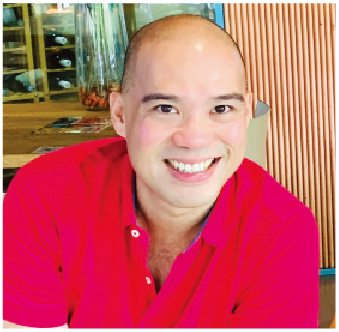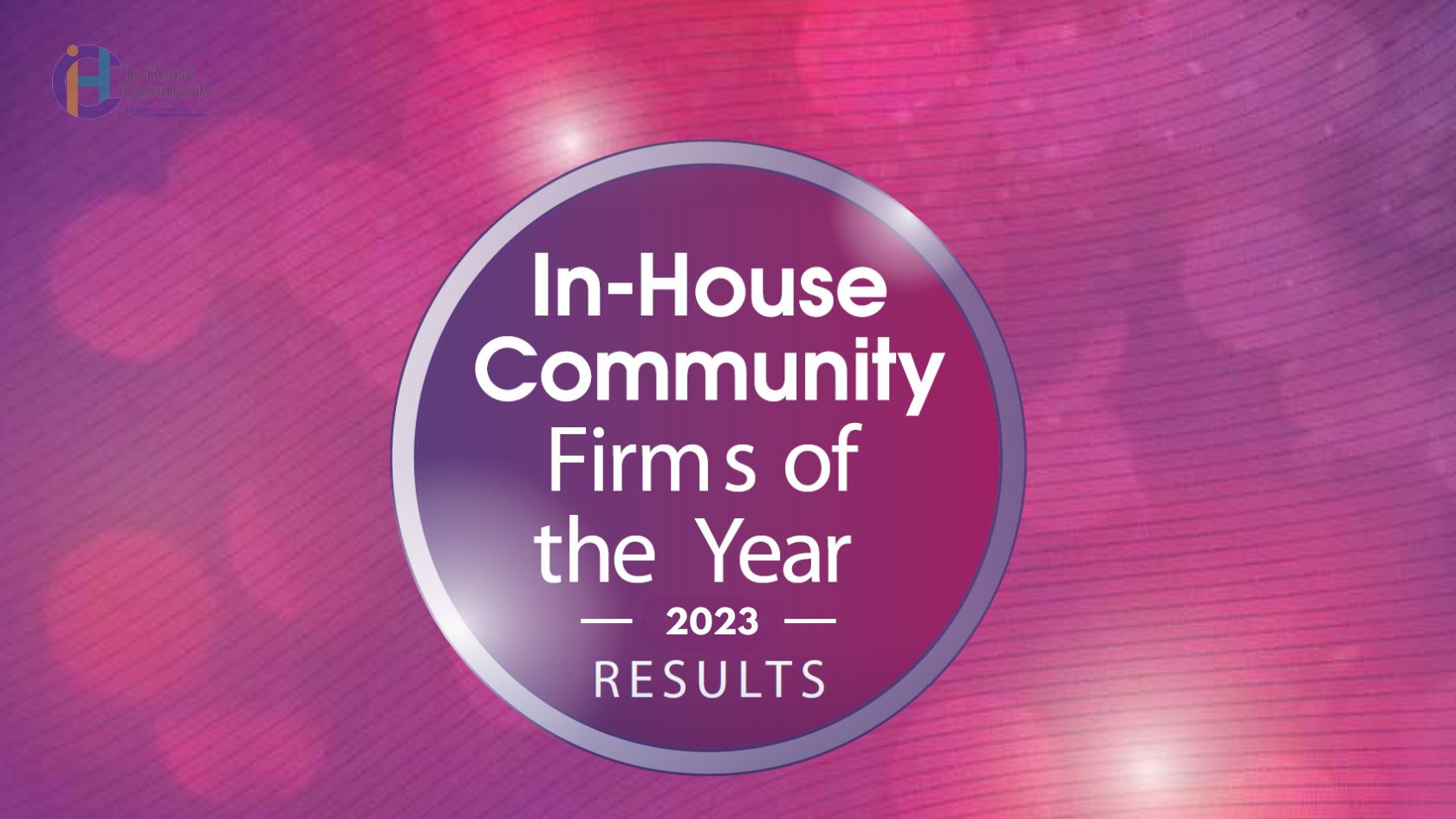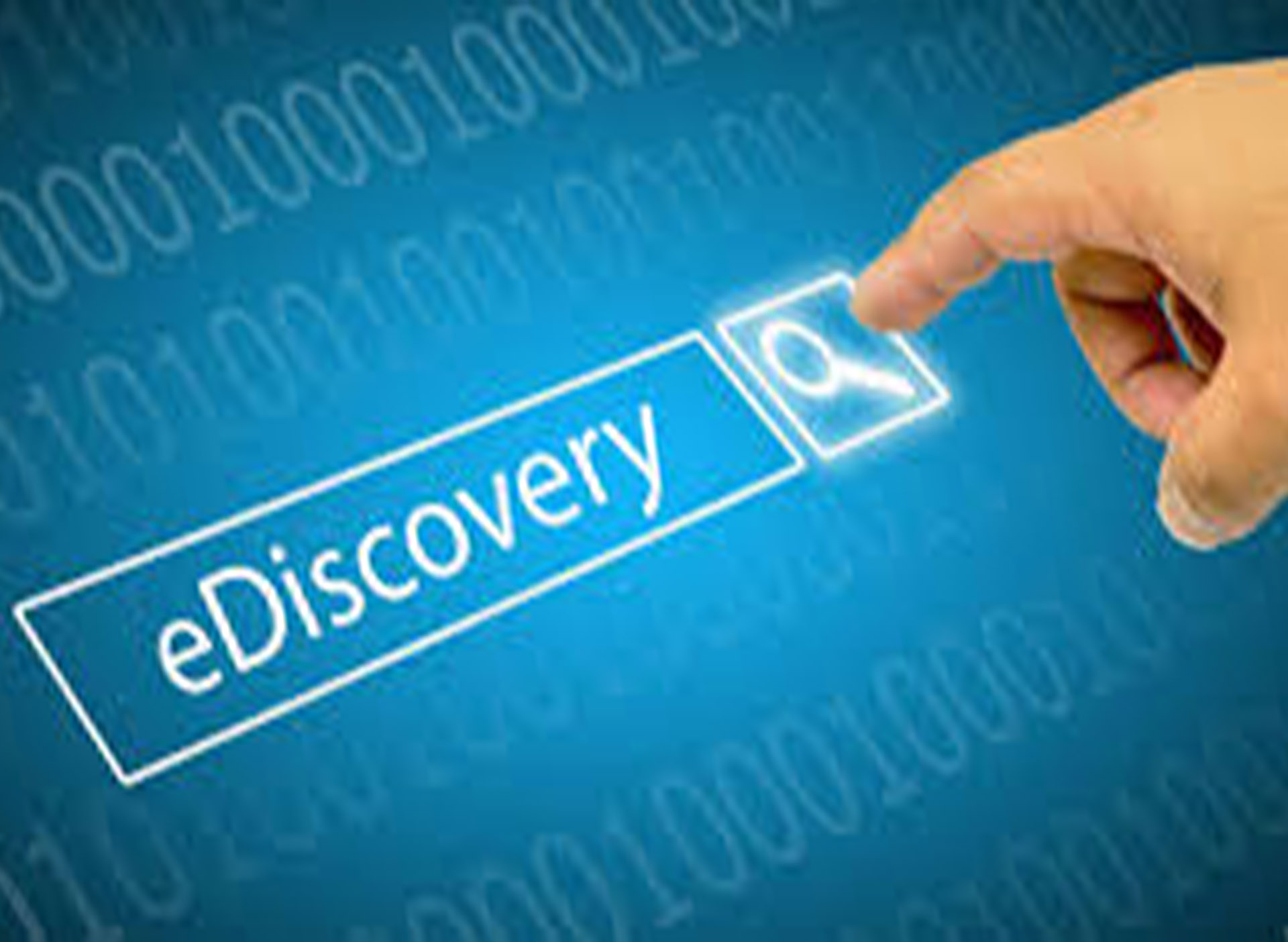is General Counsel and Chief Legal Officer at Nanyang Technological University in Singapore, a research-intensive publicly-funded university with some 33,000 undergraduate and postgraduate students.
Having grown up in the UK, Malaysia and Australia, the Lion City has been his home for the past 18 years. Here Chew shares on his career journey, the benefits of collaboration, and the ‘skills’ all in-house lawyers need.

Tell us a little about your professional background and how you came to your current role?
Growing up I was fortunate to watch my Dad in chambers and in the courtroom. He would take me on road trips for his out of town court appearances, memories that I cherish.
I started as an in-house counsel with Keppel Offshore & Marine. Keppel gave me the opportunity to learn the commercial realities of the profession. Allens Arthur Robinson and Ashurst taught me precision. I was also fortunate enough to be given opportunities to learn discipline and flair at Motorola and Firmenich respectively. I have always been passionate about education and its role in our society, I even considered a career switch to an early childhood educator. So I jumped at the opportunity when offered to serve as General Counsel and Chief Legal Officer at Nanyang Technology University in Singapore.
How big is your team and how is it structured?
The team comprises 17 legal and compliance professionals. We work as one team, though we have divisional units focusing on ethics and compliance, corporate and commercial, corporate governance, innovation, investment, research and legal operations.
What do you think are the biggest challenges facing in-house lawyers today?
The skills that unfortunately we pay less attention to in our early years as legal practitioners. Some of us refer to them as “soft skills”, “emotional intelligence”, “being commercial”, “business partners” etc. From my perspective at least, these now just seem to represent skills that every in house lawyer should, or must, possess to support the complexity of the world we operate in.

What have been your biggest challenges? How did you and your team overcome them?
Accountability, Culture, Respect and Trust. We have taken great strides in our transformation, in change management, people evolution, new systems, policies and processes, and dispensing with others that were no longer relevant. We are still on that journey, always looking and pushing forward.
Did you have a mentor early in your career? Is mentorship important?
I didn’t have a specific mentor but fortunate enough to be mentored by individuals from all walks of life. I learnt something different from each of them, and I am grateful for the time and energy they spent with me. Mentorship provides life lessons and for those who are interested, don’t wait for a formal program if one is not offered, go out and seek mentors who you can or want to learn from, and then pay it forward.
What are the biggest challenges you see specific to your industry?
The world is moving at such speed that universities, and educators, must evolve as quickly in the “how” and “what” to educate our leaders of tomorrow. For example, traditional learning is conducted in person, in a class setting. The current pandemic has accelerated e-learning. The legal and compliance enablers in universities must, to support the evolution, adapt, shift and prepare for the next stage of the learning journey, by enabling more accessible legal and compliance solutions.
Is technology changing the way you work? If so, how?
Audio visual tools and collaboration platforms are no longer a “nice to have”, but an essential way of communicating and doing business. Most of our work is now electronic, “mobile” and on many occasions, automated. These tools make our work more efficient, so the time we save from it should be converted to opportunities which technology cannot replace nor replicate, which is the “partnership” our peers need and want.
What do you most look for in a law firm when outsourcing work?
The ability to translate great legal advice to real world situations.
Other than law firms, what service providers and tools help you most as a legal department?
Corporate secretarial providers, legal platforms that can support routine transactions and cloud based contract management solutions which can provide a sustainable legal model given financial prudence.

What aspects of your role do you most enjoy?
“Business Enablement” and “People Enablement”. Its highly motivating to collaborate with our partners to find and deliver good and practical solutions. The education industry attracts individuals who have a “purpose”, and so I focus, and get most enjoyment out of, helping our team grow and develop “their purpose”. I have a responsibility to the University to build and sustain a great organisation to achieve the University’s ambitions, but in equal measure a responsibility to care for my teammates beyond the role.
Looking forward, what changes do you foresee in the way that legal services will be provided in coming few years?
There is a lot of opinion out there on how legal services will evolve, some have come to pass, others have not. The need for specialist legal services will always remain, but there is so much readily available information in the public domain and multiple offerings that generalist legal services will continue to be commoditised. The successful legal service partner, whether in an individual capacity or as an organisation, has to be able to advise, work and communicate in adjacent fields not traditionally reserved for lawyers.
What advice would you give to young lawyers starting out in their careers today?
Grow in whatever area that interests you (it doesn’t have to be legal), keep pushing your boundaries, be courageous, above all be kind and generous, and if you continue to act and think in this fashion, then you will be ready and willing for both the opportunities and challenges that come your way.
What is your hinterland (what do you most like to do away from work)?
Spend time with people I care about, help and have an impact where I can, and at the end of the day look back and know it was all enough.



















